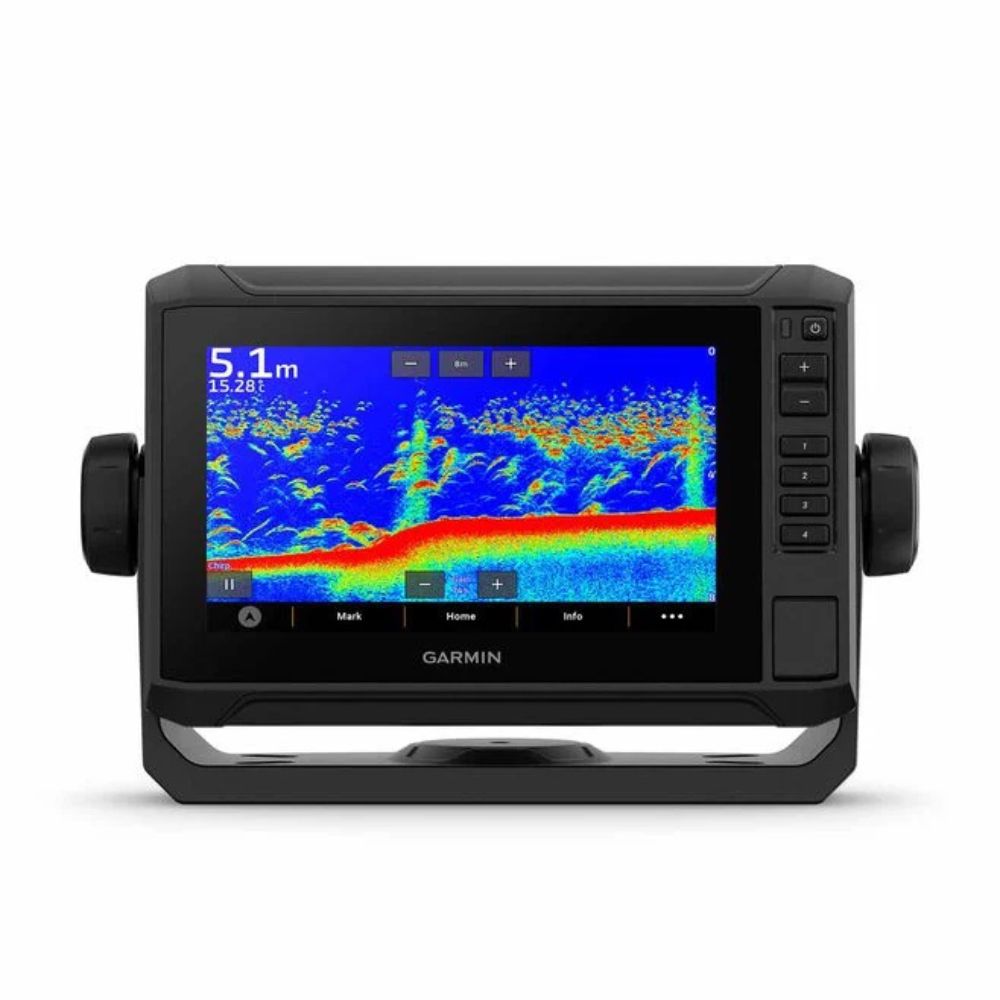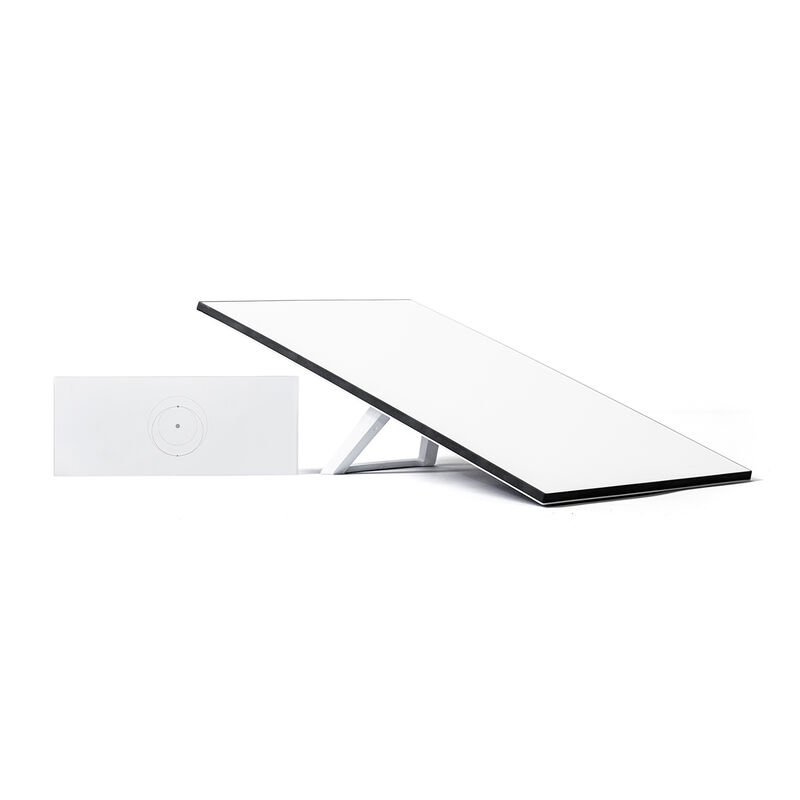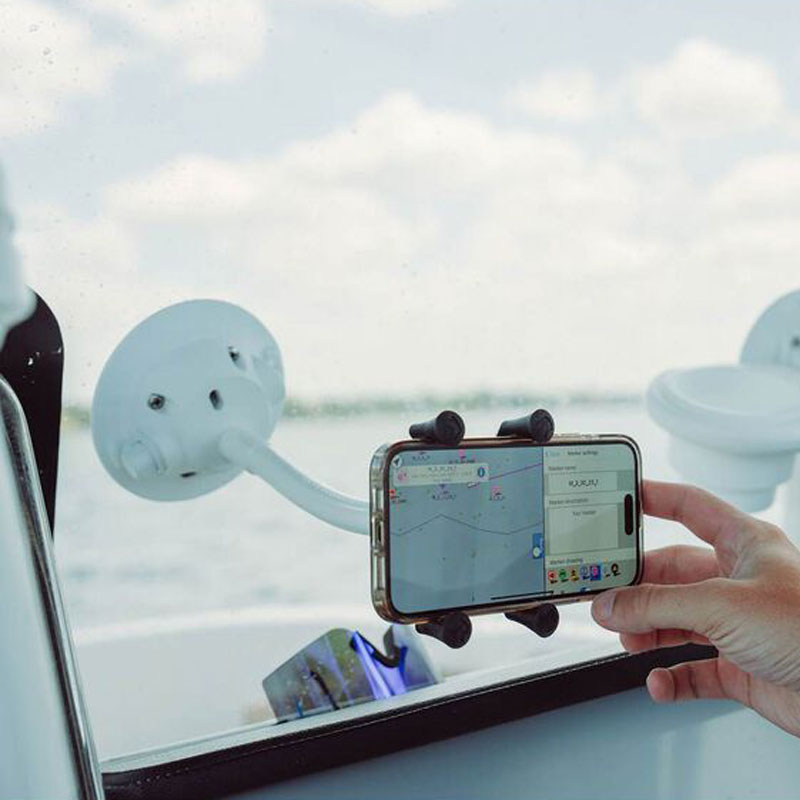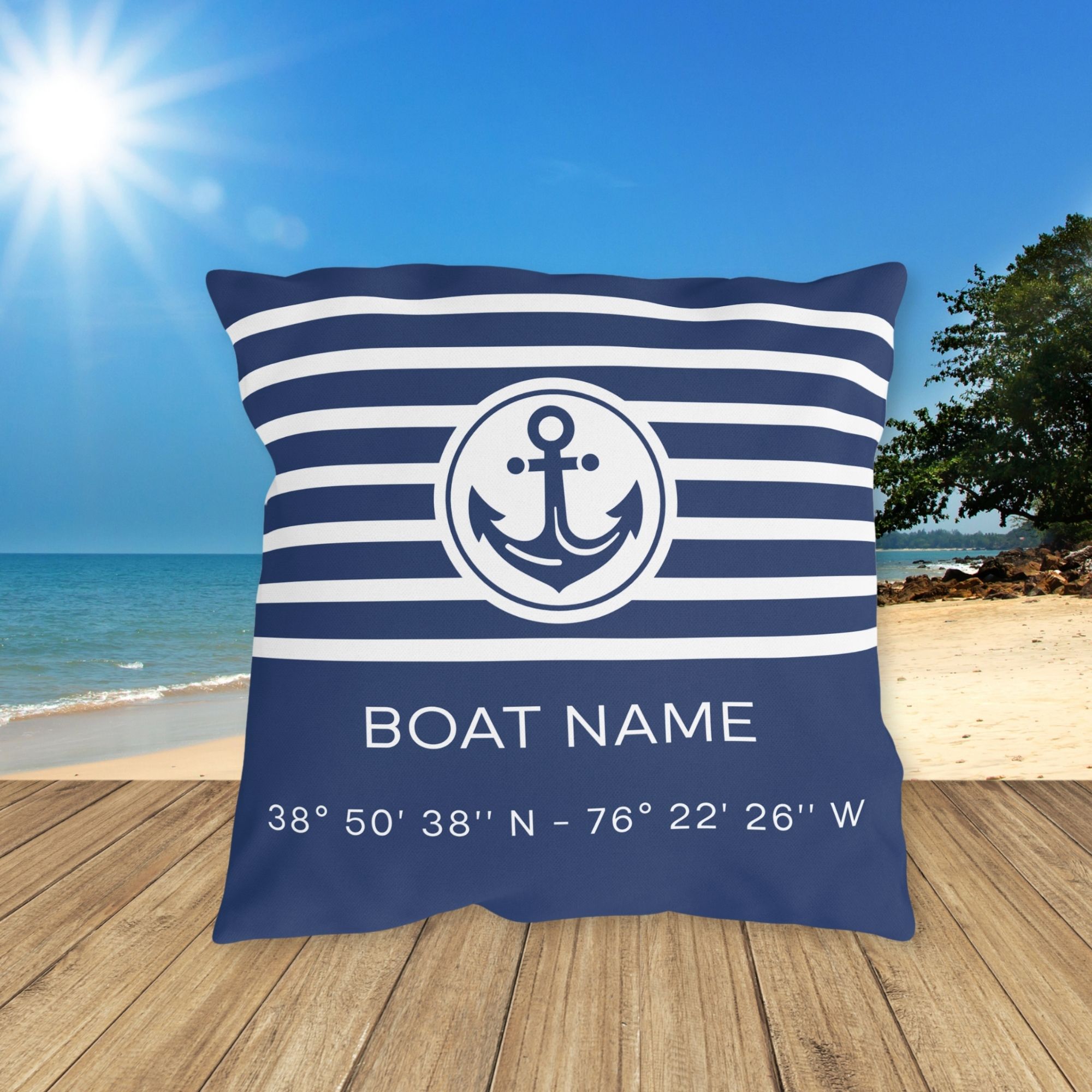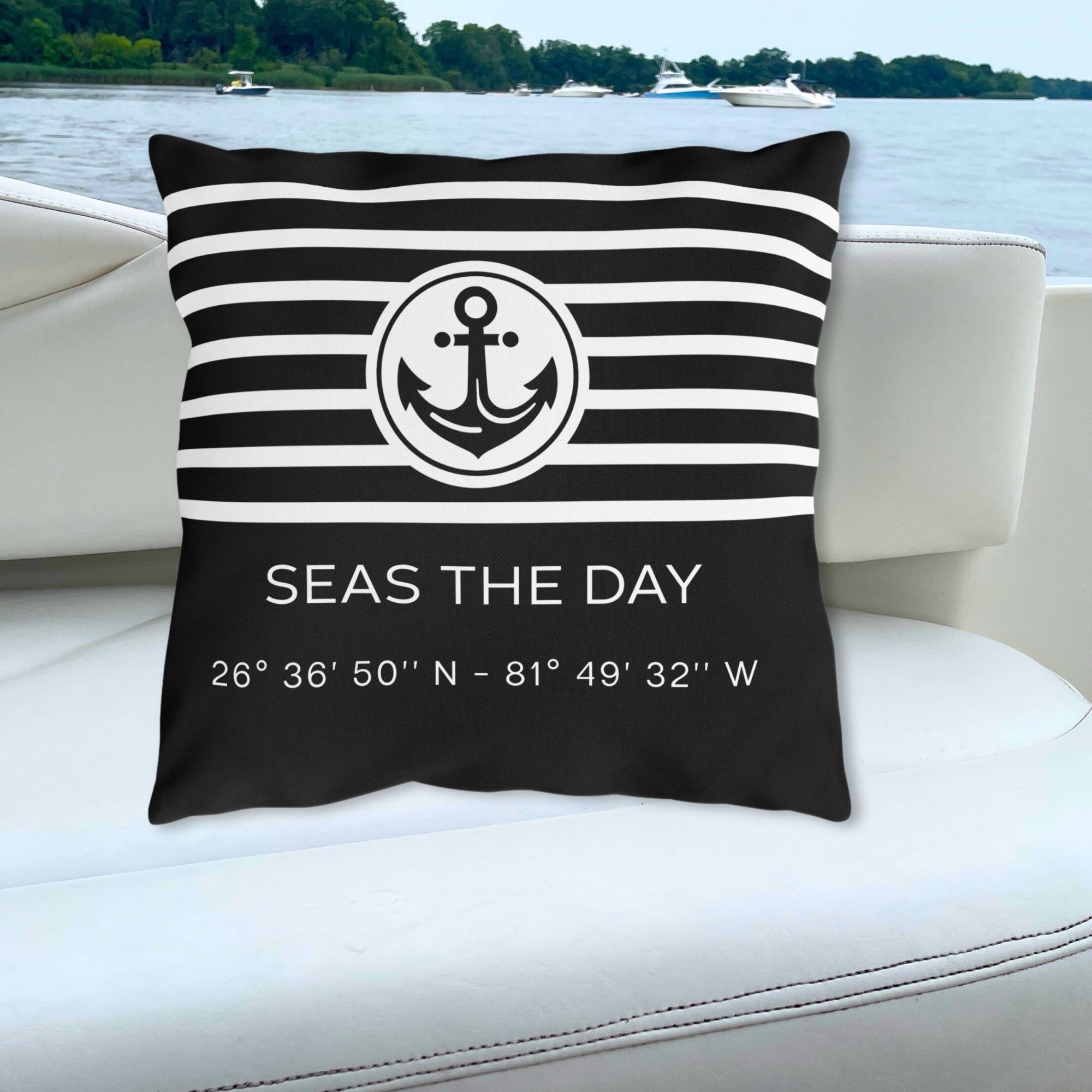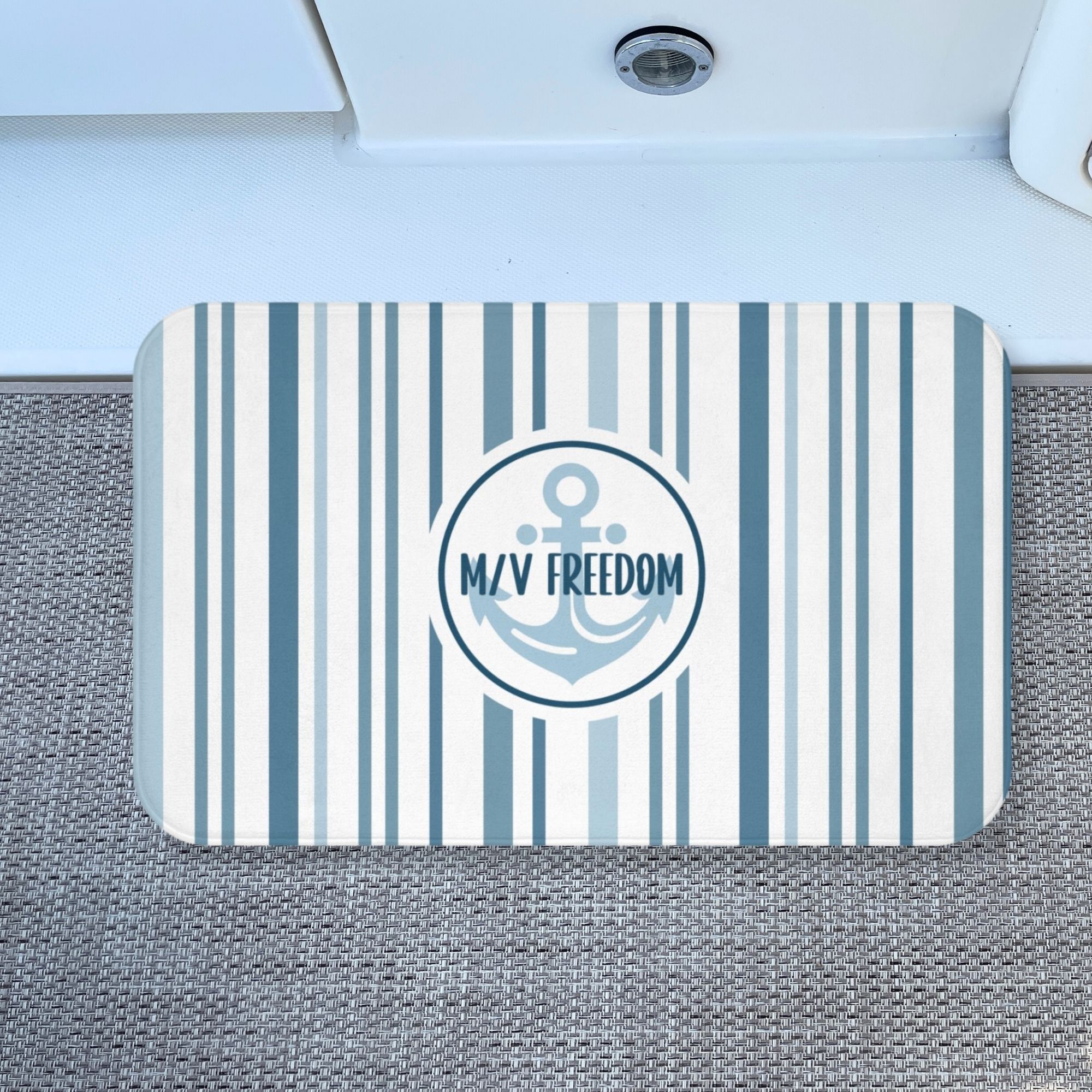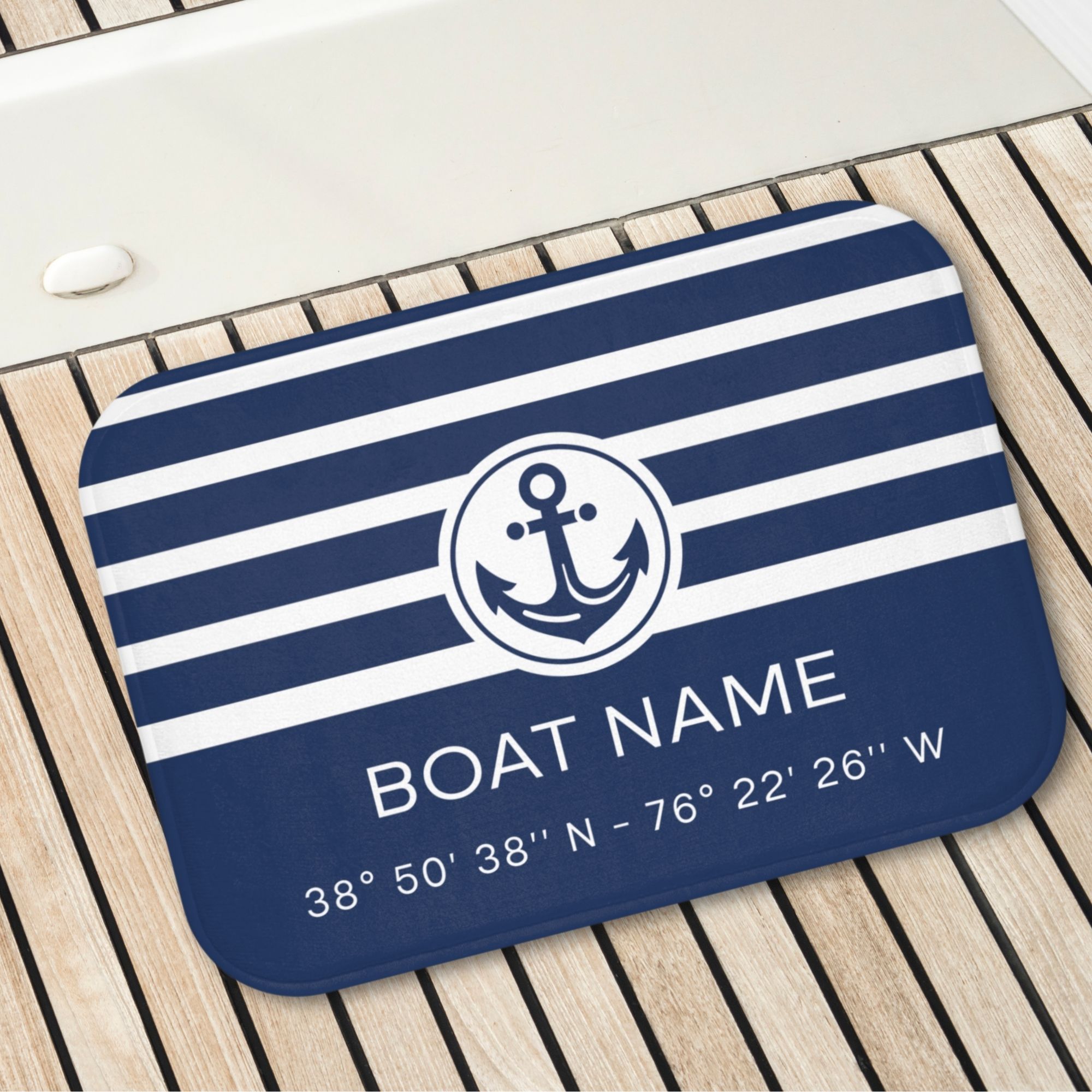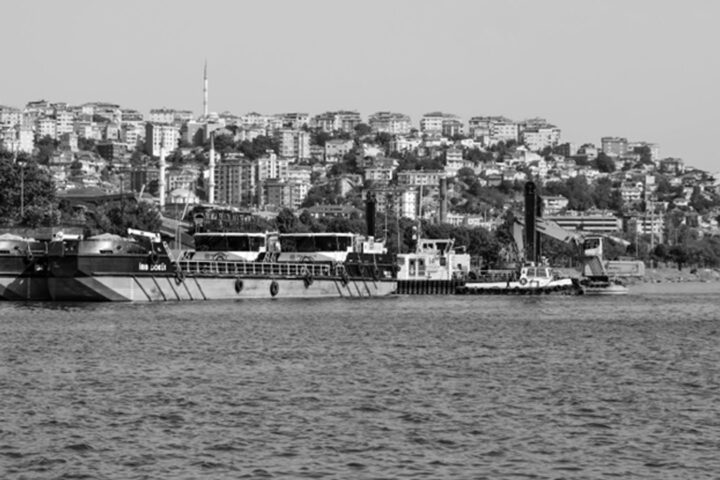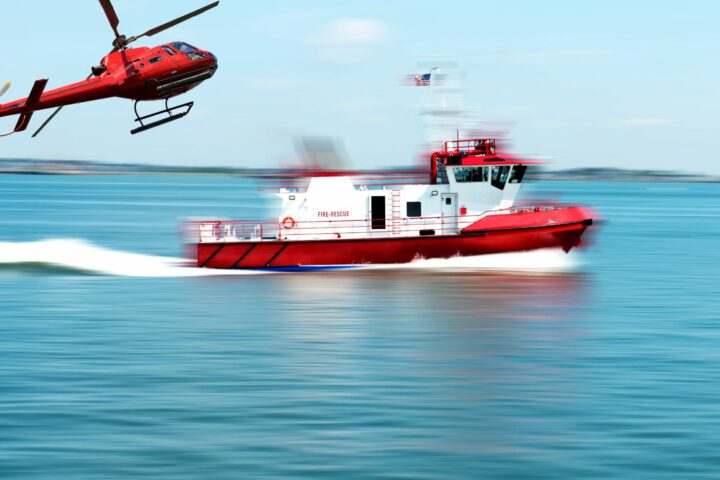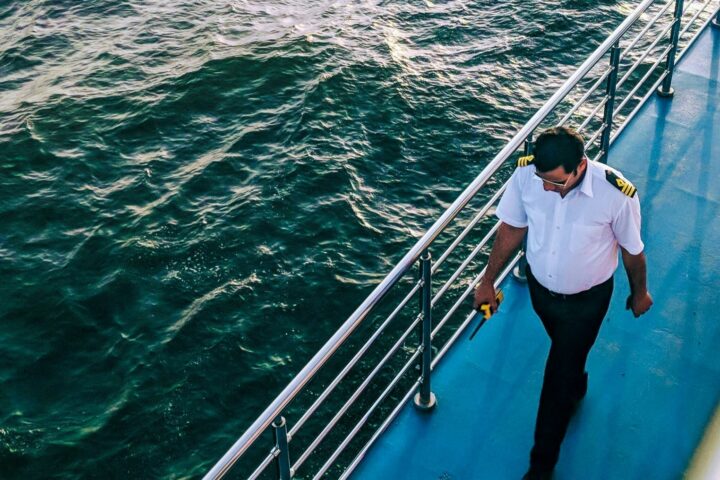
Warner University’s partnership with the Institute of Marine Technology brings training program to prepare individuals for entry-level technician jobs in boating [Podcast]
Anchors Aweigh
is a podcast for all boaters, from aspiring to experienced. Featuring in-depth conversations with boating experts and industry leaders, and packed full of tips, tricks, gear, and industry info, boaters of all levels will come away with new skills and knowledge each episode.
It’s not a coincidence that workforce development in boating and getting more people into technician roles is coming up again on the podcast. This is a major focus in the marine industry right now and is often one of the top challenges mentioned among stakeholders.
The U.S. Department of Labor reports there will be more than 1.2 million jobs in the diesel, automotive, motorcycle and marine industries in the United States by the year 2024. To reach that total, the transportation industry will have to fill more than 37,000 technician job openings on average every year.
In 2017, Warner University announced a partnership with the Institute of Marine Technology to start the Marine Technology program on campus in Lake Wales, Florida. The intent of IMT’s Marine Technology program is to prepare individuals for entry-level technician opportunities in the watercraft industry.
Attendees not only learn how to work on watercraft and gather hands-on experience, they work in a real-life marina environment and understand the inner workings of marinas and boat dealerships around the world. Industry experts have already made guest appearances and been signed to the program’s advisory council.
 Justin Maley, the Director of Industry Relations for the IMT Program at Warner, has dedicated his professional career to the marine and powersports marketplace. He brings real world industry experience, valuable professional connections and proven education strategies to IMT. Justin is a well known and highly respected leader and educator within this specialized niche.
Justin Maley, the Director of Industry Relations for the IMT Program at Warner, has dedicated his professional career to the marine and powersports marketplace. He brings real world industry experience, valuable professional connections and proven education strategies to IMT. Justin is a well known and highly respected leader and educator within this specialized niche.
Justin established a name for himself during a very successful motocross racing career. He is credited with designing the Bermuda Motorsports Park, serving as the national service manager for numerous OEMs, working as a technical advisor on multiple Powersports 20 Groups, and acting as a service department consultant to countless dealerships where he taught them how to improve their performance to boost the bottom line.
Justin has made several stops within the motorsports industry in roles including dealer trainer, service manager, writing dealer training modules, Sr. Technical Publications specialist, and many more. Justin has also had some very interesting experiences along his path including teaching courses in the European off-Road power curriculum, and for seven years training members of the U.S. Elite Military Forces to rise and maintain a fleet of motorcycles in the deserts of Afghanistan and Iraq.
Justin and I spoke about the new IMT program, the need for more students to get into the field, how much fun working in the marine industry is, and some basic tips to keep things running smoothly so you recreational boaters spend less time and money getting things fixed that could be prevented. Enjoy!
Be sure to click on links to listen to the full podcast interview at the end!
His involvement with the new marine program
I came on to help write new curriculum. The point of this program is not to rehash what’s already out there, it’s to write brand new curriculum that’s up to date that would help the industry move forward. My role expanded from there to helping out with marketing and helping run the program.
Changing the perception of marine careers
We have a stigma that is – anyone who says they’re a technician is the guy in the greasy overalls on the corner lot and that’s not what a technician is these days. I worked at a large school that did the headcount thing. I viewed myself as part of the problem rather than part of the solution.
I stepped away from education and went to work for some OEMs. My passion is education and helping the next technicians come along so we would go to these vocational facilities and do some classes. I saw their curriculum that was written in 1998 and they’re still teaching the same things. When this opportunity came about, it’s not that we wanted to change the industry or the way education is done, we just want to keep it real life to the dealers and the OEMs. We want to supply them with a technician that can help them make money and help them survive.
How the curriculum is structured
We’ve gone out to dealers and OEMs to talk to the people that are out there doing it to find out what they want. We are 70% theory, 30% hands on. The experience will come down the line but the knowing how something works, we need to get that into their head as quickly as possible.
The reception within the marine industry
The interaction with the marine industry has been beyond what we thought. We actually had to step up and have a conference in June where we’re inviting everyone to come to the campus to discuss how we can change our training to fulfill their needs.
All the schools are invited as well. If they want to hear the problems that are in the industry from the people that are working on a day to day basis, they can adjust their curriculum accordingly. We’re not only looking out for ourselves, we really want to help the industry and the only way to do that is get everyone together and decide on a path that’s going to help the industry.
Messaging to recruit students
We’re saying if you really love the water, there’s a way you can make money in the marine industry. There has to be people who know how to pull things apart and put them back together. There’s real jobs out there in the real world. One of the things I tell the students is that every job that’s out there in real life is available in the marine industry and probably a little more fun. The marine industry is screaming out for every level, every position.
Personal boating experience
I live on a lake. And the good thing about our program is we have our own boat ramp and dock and a bunch of boats over there. If I get a little antsy I’ll tell the secretary I’ve got a meeting and I’ll drop a boat in the water. All of our students have that ability once they fix something to go out on the lake.
I’ve been out on the water in Italy and Germany. In Germany I lived close to a Lake called the Bodensee and went out on that quite a bit as a passenger in the boat. I’m getting more into operating the boats myself now.
What boaters can do to keep things running smoothly
It always comes back to the basics. One of the big things that people do is they never keep tabs on their maintenance. They lose track of when they changed the oil last and how many hours were on the boat. Or they put it off. When you decide that you have a maintenance plan, you need to stick to it. Keep tabs on your hour meter and make sure it actually works. Get yourself a service manual and do what the service manual says. The people who build the boats spend a lot of time writing the service manual. I see every day people doing jobs without the service manual out and it costs them a lot of time and a lot of money.
Training special forces
It was a good part of my life. We were teaching special forces operatives to ride motorcycles in the desert and complete missions safely on motorcycles and ATVs and UTVs. It was very fun and a good thing to be a part of.
Working with those guys and seeing what they had to go through to be a part of these teams was amazing. We would take a guy who had never ridden a motorcycle in his life and in five days be able to complete missions in Afghanistan and Iraq. It was good to know you are helping them be safe while they are over there protecting us and looking after our way of life. It’s very eye opening to see these guys come in and know that they are going to put themselves in harm’s way for what we consider a normal life.
Listen to the full Podcast:


Listen on iTunes: Justin Maley – February 15, 2018 (free)
Listen on Google Play: Justin Maley – February 15, 2018 (free)
or Click Play below to listen online here:
Trending Now: Must-Have Boat Gear for Your Boat Life
-
Garmin ECHOMAP Fishfinder / Chartplotter Combo
$1,049.00 Quick ViewBuy on West Marine -
Sale!
Starlink Standard Kit for Stationary Use: High-Speed, Low Latency Internet
Original price was: $499.00.$349.00Current price is: $349.00. Quick ViewBuy on West Marine -
SeaSucker Flex-X Cell Phone Mount
$99.00 Quick ViewBuy on West Marine
Trending Now: Custom Boat Decor
-
Boat Pillow with Boat Name & LAT LONG Coordinates
Quick ViewBuy on Etsy -
Boat Pillow with Boat Name & LAT LONG Coordinates- Black
Quick ViewBuy on Etsy -
Coastal Blue Stripes Bathmat with Anchor & Boat Name
Quick ViewBuy on Etsy -
Custom Boat Mat with Boat Name & LAT LONG Coordinates
Quick ViewBuy on Etsy
Disclosure: This site may contain links affiliated with companies where we receive compensation. Also, as an Amazon Associate we may earn from qualifying purchases we refer but it does not impact the price you pay. Full disclosure policy.


